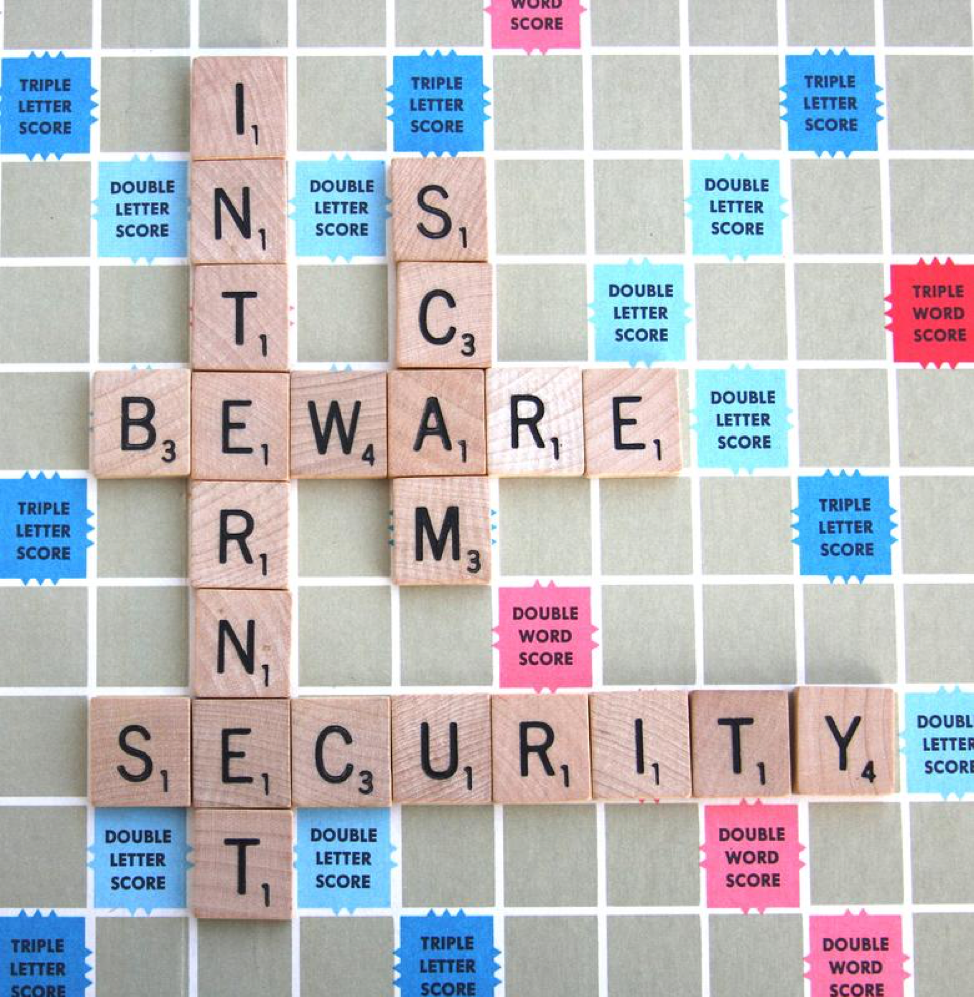|
The internet is useful for a variety of reasons, from tracking down information to managing your finances. As you may expect, it also has a number of dangers hidden beneath the surface. The following is just a handful of some of the internet's biggest dangers.
Fraud As technology has grown in complexity, thieves have found a myriad of ways to take unsuspecting individuals and even businesses for a ride. From identity theft to phishing emails, the internet is rife with fraud. There are even websites that masquerade as legitimate ones for the purpose of obtaining customers' login information. Depending on how many of your customers' accounts are affected, this could potentially mean millions in losses from fraudulent charges and customer refunds. Doxxing One disturbing type of cyberbullying is called doxxing. When someone doxxes someone else, it means that they find and publish sensitive information about them, including personal phone number and home address. This information potentially allows others to masquerade as the victim online to receive credit cards, obtain loans, open bank accounts and more in the victim's name. If your company lends money to customers, you could potentially lose out on interest payments if the victim did not actually apply for those credit cards or loans. Businesses can be victims of doxing as well. Some famous examples of corporate doxing include the Ashley Madison breach and the film thefts carried out against Sony Pictures. If your company's sensitive information is stolen and leaked to the public, it could potentially cut into sales, lead to class-action lawsuits, loss of customers due to lack of trust and much more. Depending on the industry, it could even lead to the business closing entirely. Hacking and Viruses This is more what people think of when they think of online dangers. It's a bit of a classic at this point: someone takes control of your computer, and you have no control over it. These days, it isn't enough to just be careful what websites you visit. Antivirus software is also a must, including at the corporate level. What separates these two things is how they work. Hacking is a result of people finding flaws in existing, legitimate programs or company mainframes, which you use every day to conduct business. Viruses, on the other hand, are programs explicitly written to harm your computer system, and they take on many forms. They can even impersonate or "hide" within legitimate programs. Ransomware Ransomware is a specific kind of program that locks access to a computer and deletes all the files within it unless the victim pays a ransom, often in some form of cryptocurrency. It can be removed, but it is paralyzing if it somehow gets on your system. This is not a common occurrence, but ransomware's appearance has been steadily increasing. If ransomware were to spread to computers with sensitive information, it could grind your business to a complete halt. For example, how would you correspond with a supplier if you have a store chain? Without that contact information or internet access, it would be next to impossible. The Internet of Things The Internet of Things is not a threat on its own. In fact, your business might offer or use a product that falls in this category. Think internet-enabled televisions, fax machines, printers, cameras, smart watches, and similar equipment, and that is essentially the Internet of Things. Why is it dangerous? Because, according to the FTC, 25 billion such devices are online worldwide, with the number growing daily. These devices, which record a variety of sensitive information, can be hacked and the information stolen. This could be a disaster for a business of any size because customer data, correspondence, and contact information are just a few of the things that could potentially be jeopardized. How Do I Protect My Business? Protecting your business from these online threats is equal parts awareness and scrutiny. Educate your employees about the practices thieves employ, such as impersonating technical support and asking for a password. Also, tell your employees to scrutinize - or, even better, delete - anything unfamiliar in terms of communication. If it comes from outside the company somehow, and it doesn't look like it belongs in your correspondence, it may be a scam. Also, take the time to invest in skilled IT personnel that can counter and eliminate these threats as they arise. Penetration testers are one example of personnel you should have on hand because they seek out flaws in your company's network. This allows the appropriate staff to address the problem sooner rather than later. Sources:
0 Comments
Your comment will be posted after it is approved.
Leave a Reply. |
Archives
June 2024
Categories
All
|
Website Design Gettysburg | Services | Website Designer Near Me | Prices | Contact Gettysburg Website Design | Design Blog
From Our Blog
3 Steps to Improve Your Google Business Listing Ranking • Search Engine Optimization + GMB = More Leads & Sales! • Website SEO Checklist
Secrets To Building an Appealing Website For Any Niche
Secrets To Building an Appealing Website For Any Niche
|
Crawford Designs, LLC
Gettysburg Website Design |
© 2021 Gettysburg Website Design.
717-855-3184 |
SERVICES: Website Design, Local Gettysburg Website Design Services, Website Design Company, Website Development Company, Freelance Web Designer, Web Design Company, Web Development Company, Business Websites, Corporate Websites, Business Marketing and Advertising. Website Maker, Web Site Creator, Web Builder, Done For You Websites, Hire a Website Designer, How to Get a Business Website, best website design companies for small business, website design pa, website for small business owners, web design and marketing company, top website design company, york county web design, local web design companies near me, small business web design near me, web design westminster md, web designers in hanover pa, small design companies




 RSS Feed
RSS Feed

